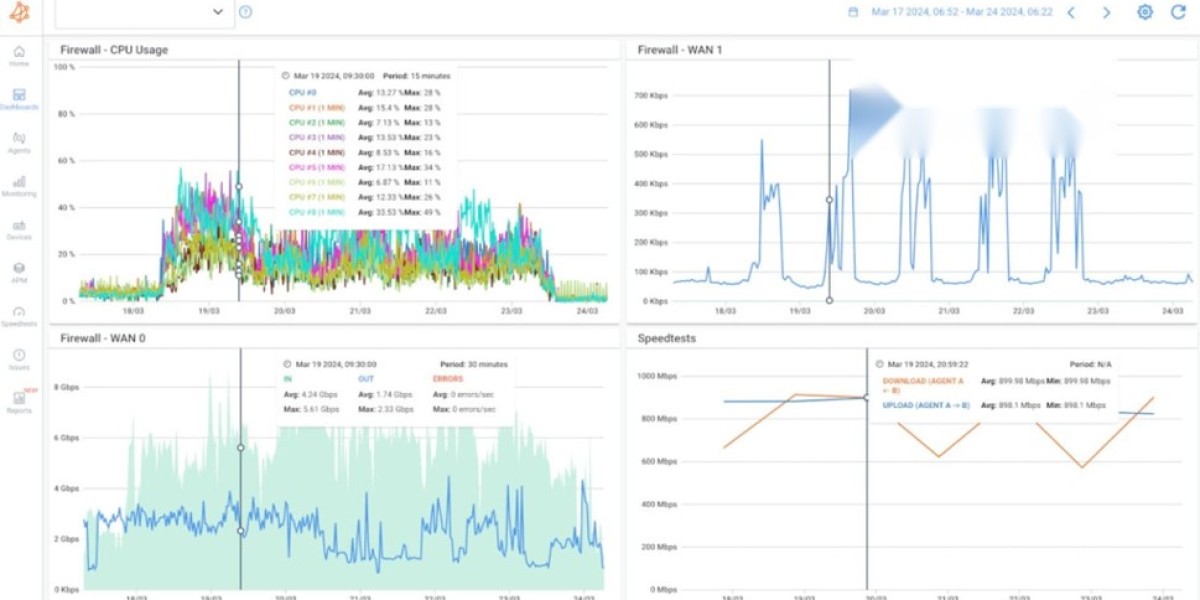? What Is an Essay?
An domyessay https://www.reddit.com/r/GradSchool/comments/1ldi67s/i_need_to_write_an_essay_for_my_admission_to/ is a structured piece of writing that explores, argues, analyzes, or reflects on a specific topic or idea. Unlike a random stream of thoughts, essays follow a clear path—beginning with an introduction, developing through body paragraphs, and wrapping up with a conclusion. Whether it's academic, personal, or journalistic, every essay has one thing at its core: a central idea that drives the writing forward.
The purpose of essays isn’t just to share information. They help writers clarify their thoughts, influence opinions, and engage with the world more critically. In a way, writing an essay is like having a thoughtful conversation on paper—with yourself, and with your readers.
? The Many Types of Essays
Essays come in various shapes depending on the writer’s goals and the context in which they’re written. Let’s explore the five most common types:
- Narrative Essay: This type tells a story—often personal—using vivid language to draw readers in.
- Descriptive Essay: Focused on detailing an object, place, or experience through sensory-rich descriptions.
- Expository Essay: Informative and straightforward, these essays explain topics logically, often using facts, examples, and evidence.
- Persuasive Essay: Meant to convince the reader of a particular point of view using reason, emotion, and solid arguments.
- Analytical Essay: These essays break down a subject into parts to examine how they work individually and together—common in literary or film analysis.
Each form has its own style, tone, and purpose, but all require clarity, structure, and a well-articulated thesis.
? Why Essays Matter in Education
Essays are staples in classrooms for good reason—they challenge students to think deeply and articulate their ideas with precision. More than just word counts and grading rubrics, essays help build transferable skills like:
- Critical thinking: Evaluating sources, identifying biases, and formulating arguments.
- Communication: Expressing complex ideas clearly and persuasively.
- Research skills: Gathering information and citing credible evidence.
- Self-reflection: Exploring personal beliefs and values through writing.
Educators also use essays to assess how well students understand a subject—not just what they remember, but how they interpret and connect the concepts.
? Structure of an Effective Essay
A great essay doesn’t just “talk about” an idea—it walks the reader through it methodically. Here’s the typical structure:
- Introduction: Presents the topic, grabs attention, and includes a thesis statement—a concise summary of the essay’s main argument.
- Body Paragraphs: Develop the argument using examples, reasoning, and evidence. Each paragraph should center around one key idea tied to the thesis.
- Conclusion: Summarizes the main points, restates the thesis (in a fresh way), and leaves the reader with a final thought or question.
Some essays also include counterarguments and rebuttals, especially in persuasive or argumentative writing. This demonstrates a balanced and nuanced understanding of the topic.
?️ Tips for Writing a Memorable Essay
Want your essays to stand out and make a lasting impact? Here are five tried-and-true tips:
- Know your audience: Tailor your tone and examples depending on who’s reading your work.
- Craft a strong thesis: This is your essay’s anchor—make it specific, arguable, and insightful.
- Use transitions effectively: Smooth connections between paragraphs help the essay flow naturally.
- Show, don’t just tell: Use examples, anecdotes, and vivid details to make your points compelling.
- Revise rigorously: First drafts are just the beginning. Good essays are shaped through thoughtful editing and feedback.
And most importantly—find your voice. No matter the topic or format, your perspective brings life to the words.








